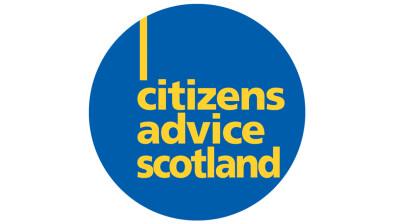One in four Scots can’t make ends meet on present income
New figures have been published showing that a quarter of all Scots are today struggling to make it to their next payday on their current income.
Citizens Advice Scotland (CAS) conducted a YouGov survey last month that questioned over 2,000 Scots aged 18+.

It found that:
- 25% find it difficult or very difficult to cope on their present income.
- 30% would like to put by at least £20 per month for a ‘rainy day,’ but can’t afford to.
- 23% would like to have the recommended levels of dental treatment but can’t afford to.
- 25% would like to save regularly for a pension but can’t afford to.
- 28% can’t afford to keep their homes decorated in a decent condition..
Scottish workers were also asked how often they ran out of money altogether before payday, thereby resulting in needing to use their credit, overdraft facilities or having to borrow money just to get by.
Twenty five percent said most of the time or always, and a further 22% said sometimes. When this group were asked how this made them feel, they responded as follows:
- 71% Stressed
- 62% Anxious
- 42% Embarrassed
- 30% Angry
- 36% Ashamed
- 28% Scared
- 56% Depressed
- 32% Tired
Publishing the figures, CAS chief executive Derek Mitchell, said: “Advisers in Citizens Advice Bureaux across Scotland deal every day with people who are in financial difficulty, so we are no strangers to the problems people are experiencing. However, it is a shock to see the extent of these problems in the population as a whole.
“It’s clear from these figures that too many families in Scotland are simply not able to cope on their current income. And even those who are managing are only one financial shock away from falling below the line.
“This data also exposes the link between financial problems and poor mental health. If nearly half of Scots sometimes run out of money before payday and most of them experience depression, stress or anxiety as a result, we need to think seriously as a society about the wider impacts of low incomes. This situation isn’t sustainable.”





